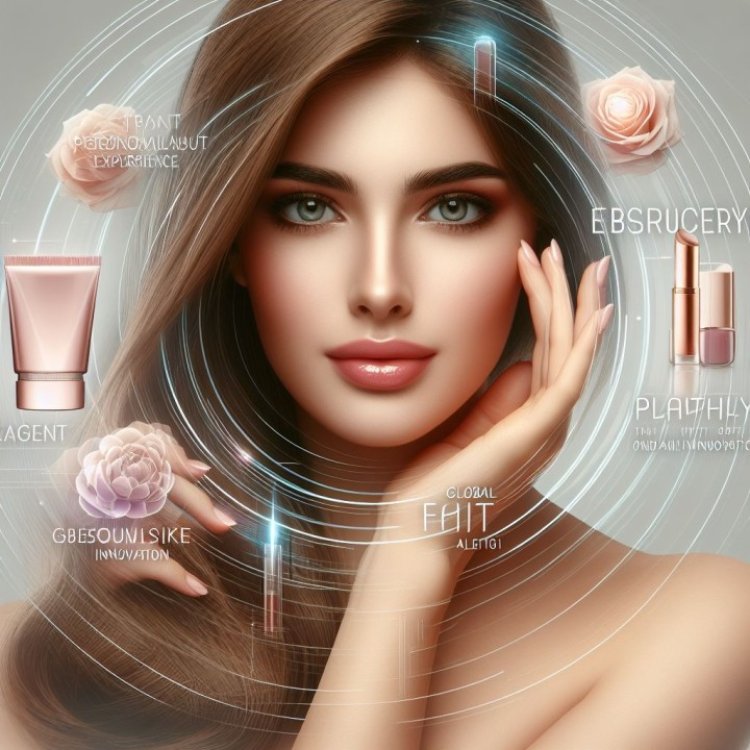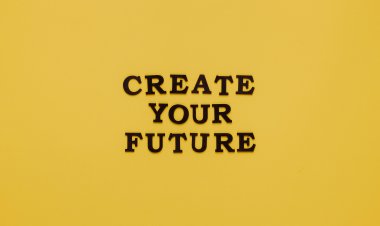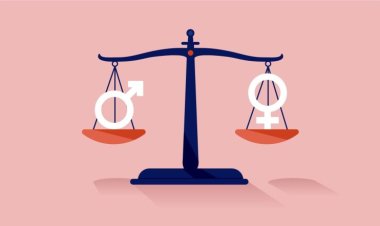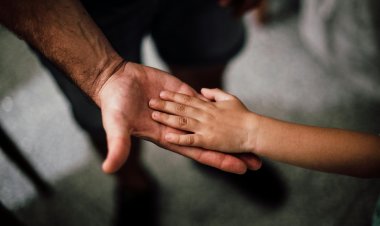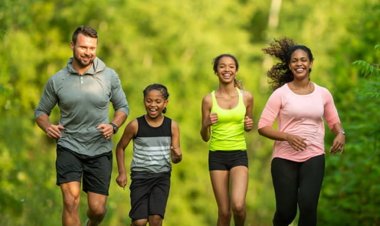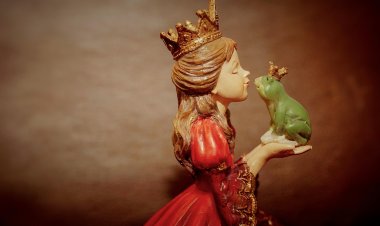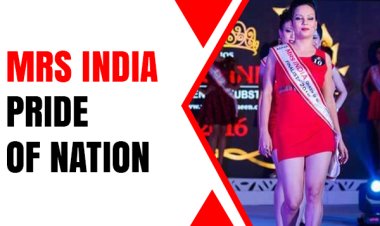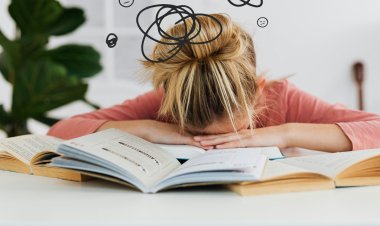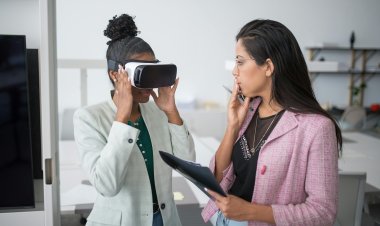The Influence of AI on Beauty Standards
Analyze the rise of AI beauty pageants and virtual influencers, discussing their role in shaping contemporary beauty ideals
The Influence of AI on Beauty Standards: Redefining Perfection in the Digital Age
In the age of technology, artificial intelligence (AI) has infiltrated almost every industry, from healthcare to entertainment, and now, it's reshaping the way we view beauty. The beauty industry, in particular, has been dramatically influenced by AI, especially with the rise of virtual influencers, AI-powered beauty apps, and image manipulation tools. But what does this mean for our perception of beauty? Are we moving toward a more inclusive, diverse representation of beauty, or are we further cementing narrow, unrealistic standards? Let’s explore how AI is influencing beauty standards and what it means for society.
The Rise of AI-Generated Beauty
AI has given birth to a new era of beauty that doesn't rely on physical human models. AI-generated influencers and models, like Lil Miquela, have gained millions of followers on social media. These virtual beings look perfect in every photo, their skin flawless and their bodies digitally enhanced to fit specific standards of beauty. But what happens when beauty is curated entirely by an algorithm?
The impact is twofold. On one hand, AI-generated models are pushing the boundaries of what's considered beautiful by offering new, artistic representations of beauty. They are not bound by human limitations and can present beauty in a way that is completely tailored to meet specific ideals. On the other hand, these flawless digital representations can reinforce a narrow definition of beauty—one that often excludes natural imperfections, diversity, and authenticity.
Beauty Apps and Filters: The AI Facelift
Another significant influence of AI in the beauty industry is the widespread use of beauty apps and filters. Platforms like Instagram, Snapchat, and TikTok are known for their filters, which can smooth skin, sharpen jawlines, change eye colors, and even create the illusion of a different body shape. These apps use AI algorithms to alter the way we look, making it easy to portray an idealized version of ourselves.
For many, these filters have become an essential part of their daily social media experience. But the use of AI-driven filters has sparked a conversation about the dangers of distorted beauty standards. When people regularly post highly edited photos, it creates an unrealistic benchmark for beauty. Studies show that exposure to these filtered images can increase body dissatisfaction and contribute to negative self-esteem, particularly among young people who are still developing their sense of identity.
Additionally, AI in beauty apps is also fueling the rise of "virtual try-ons," where users can try out makeup looks, hairstyles, and even skincare products through augmented reality. While this is an exciting development for the beauty industry, it also raises questions about whether these tools are contributing to the obsession with an idealized version of self.
AI-Powered Image Manipulation and Its Consequences
AI-powered image manipulation is another technology that has revolutionized the beauty industry. Photoshop and similar software have long been used to alter images, but AI now allows for faster, more sophisticated editing. Tools like FaceApp and Perfect365 let users adjust their facial features with a few taps, transforming their appearance entirely.
While these tools can be fun and offer creative possibilities, they have also become part of a larger conversation about the impact of manipulated images on beauty standards. By constantly presenting AI-edited, flawless faces as the standard, we are reinforcing a distorted idea of what beauty should look like. This can lead to unhealthy comparisons, especially in the context of social media, where influencers and celebrities often rely on such tools to enhance their images.
The real danger lies in the normalization of AI-altered beauty. What happens when an entire generation grows up seeing these perfected, edited versions of reality? Will they accept their real selves as beautiful, or will they feel pressured to keep up with unattainable digital ideals?
The Positive Potential of AI in Redefining Beauty
While there are many concerns about AI’s influence on beauty standards, there is also significant potential for AI to help redefine beauty in a more inclusive way. AI has the ability to promote diversity by creating representations of beauty that include all body types, skin tones, and facial features. Instead of reinforcing narrow beauty ideals, AI can be used to show beauty in all its forms.
For example, AI-driven platforms are being developed to recognize and celebrate beauty across different cultures, offering personalized beauty products based on individual skin tones and needs. AI can also help break down beauty standards by generating images of people with disabilities, different body shapes, and various ethnicities, promoting a more diverse and holistic view of beauty.
Moreover, AI is being used in the beauty industry to empower consumers with personalized skincare and makeup recommendations that cater to their unique needs. This type of technology allows individuals to embrace their natural beauty while enhancing it with products designed specifically for them.
AI and Ethical Considerations in Beauty
As AI continues to shape the beauty industry, it’s important to address the ethical concerns surrounding its use. The line between reality and digital manipulation is becoming increasingly blurred, making it difficult for consumers to distinguish between real and AI-generated images. For advertisers, influencers, and brands, this raises questions about transparency and authenticity.
It’s essential for the beauty industry to adopt ethical practices when utilizing AI technology. There needs to be more emphasis on showcasing real, unretouched images and promoting diversity. As we witness AI’s growing influence, we must ensure that the technology is used to uplift and empower individuals rather than perpetuating harmful beauty ideals.
Conclusion: The Future of AI and Beauty
The impact of AI on beauty standards is undeniable. Whether through virtual influencers, beauty apps, or image manipulation tools, AI is reshaping how we perceive ourselves and others. While there are valid concerns about the negative effects of AI on self-esteem and body image, there is also an opportunity to use this technology to promote diversity, inclusivity, and authenticity in beauty.
As AI continues to evolve, so too will our definition of beauty. The future of beauty might be digital, but it should also be more inclusive, real, and empowering. If the beauty industry uses AI responsibly, it can help foster a world where everyone can embrace their unique beauty, free from the constraints of unrealistic digital ideals. It’s time to let technology redefine beauty in a way that celebrates individuality and authenticity, rather than perfection.
- Priyancaa Bhattnagar ,Teacher ,MrsIndia Finalist,aspiring blogger/writer,Ghaziabad

 Priyancaa
Priyancaa 